Speaker
Mr
Deon Marais
(Necsa SOC Limited)
Description
Time efficient and accurate sample positioning with reference to the neutron gauge volume are important parameters on diffraction based strain scanner instruments. Traditionally sample alignment to the neutron gauge volume is performed by beam entry or wall scans and fitting of the diffracted neutron intensity values (as a function of relative position) to an analytical solution. Using this approach, the sample surface position can be determined to very high precision [1]. In general, dependent on the scattering power from the sample, entry scans may become tedious and time-consuming inherently reducing the effective utilisation of the available beam time. Notwithstanding this approach working well for samples that have simple geometrical shapes, it becomes increasingly more difficult to apply in samples that have irregular shapes since this requires multiple entry scans.
James et al. devised an advanced sample alignment approach where a computer model of the sample is associated with the real sample in 3D space using fiducial markers and a coordinate measuring machine (CMM) [2].
This presentation will describe an alternative low cost approach to sample alignment that uses pre-characterized multi-material fiducial markers and artificial neural network technology eliminating the need for an expensive CMM.
**References**
[1] Brand, P.C. (1994). New Methods for the Alignment of Instrumentation for Residual-Stress Measurements by means of Neutron Diffraction, J. Appl. Cryst. 27, 164-176.
[2] James, J.A., Santisteban, J.R., Edwards, L., Daymond, M.R. (2004). A virtual laboratory for neutron and synchrotron strain scanning. Physica B. 350, e743-e746
Primary author
Mr
Deon Marais
(Necsa SOC Limited)
Co-authors
Dr
Andrew Venter
(Necsa SOC Limited)
Prof.
Johan Markgraaff
(North-West University)
Dr
Jon James
(The Open University)

